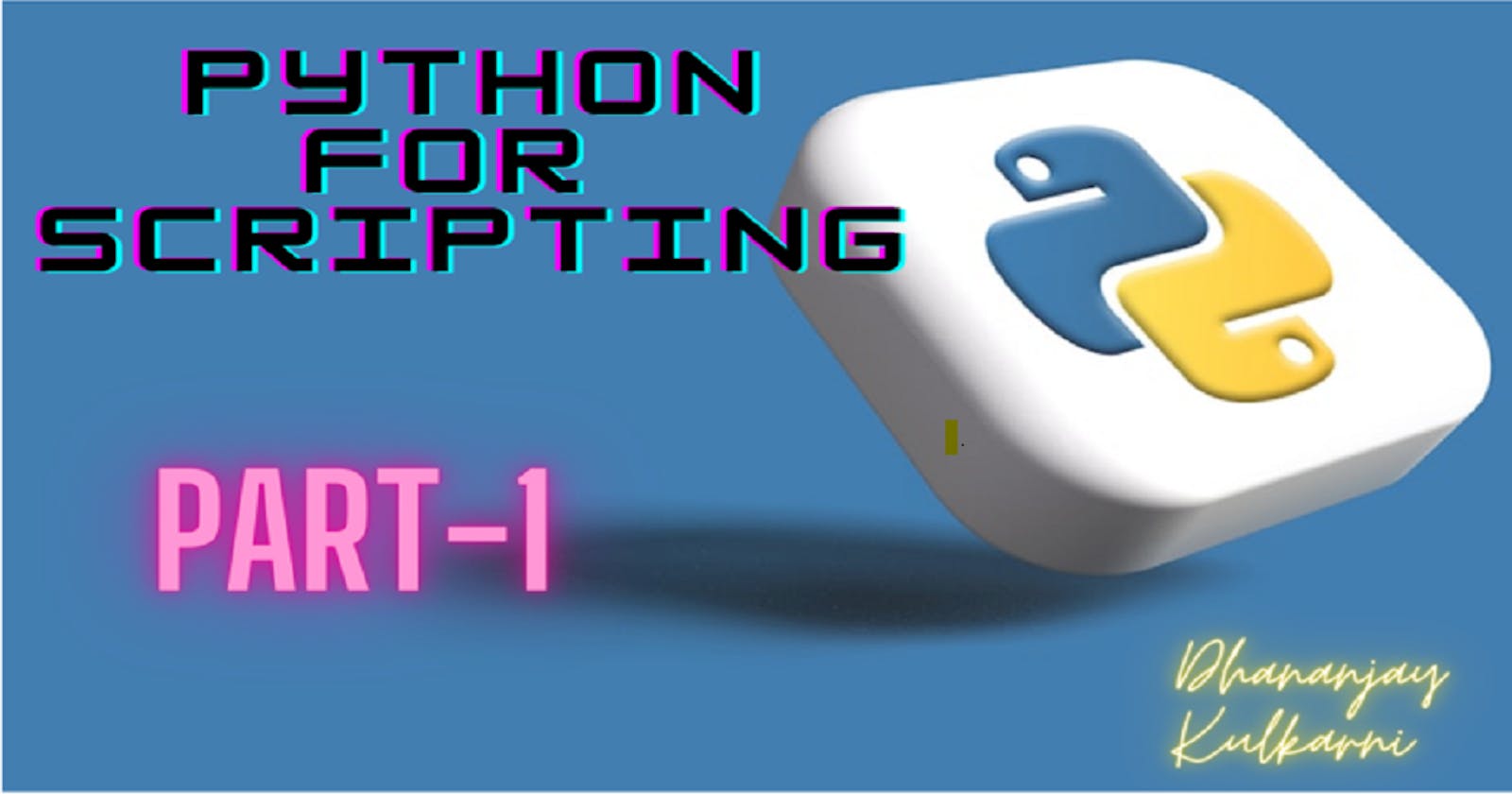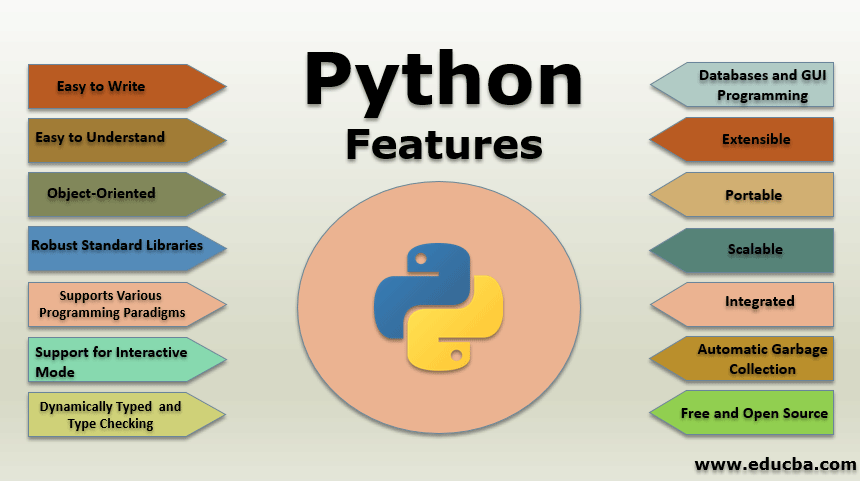Introduction
Python is a programming language that has captured the hearts of developers and scriptwriters alike. Its simplicity, versatility, and readability make it an ideal choice for scripting tasks. In this blog, we will explore what Python is, its use cases, standout features, how it differs from other languages, and we'll even dive into a simple Python script. Plus, we have an exciting exercise for our readers to try out at the end!
What is Python?
Python is a high-level, interpreted, and dynamically typed programming language known for its simplicity and readability. Created by Guido van Rossum in the late 1980s, Python has gained immense popularity due to its clean and easy-to-understand syntax. It's an open-source language, which means anyone can contribute to its development and use it freely.
Use Cases of Python

Python is an incredibly versatile language with a wide range of applications. Here are some common use cases:
Web Development: Python, with frameworks like Django and Flask, is used to build web applications quickly and efficiently.
Data Science and Machine Learning: Libraries like NumPy, Pandas, and TensorFlow make Python a preferred choice for data analysis and machine learning.
Scripting: Python is excellent for automating tasks, such as file manipulation, data extraction, and system administration.
Scientific Computing: Python is a go-to language for scientists and researchers for simulations and data analysis.
Game Development: Python can be used for creating simple games using libraries like Pygame.
Automation: Python is often used for automating repetitive tasks and developing scripts to streamline workflows.
Cybersecurity: It's used for ethical hacking and building security tools due to its robust libraries.
IoT (Internet of Things): Python can be used to control and monitor IoT devices.
Key Features of Python
Easy to Read and Write: Python's syntax emphasizes readability, making it a great language for beginners and experienced programmers alike.
Large Standard Library: Python comes with a comprehensive standard library that contains modules and packages for various tasks, reducing the need for external libraries.
Cross-Platform Compatibility: Python runs on various platforms, including Windows, macOS, and Linux, ensuring that your scripts work seamlessly on different systems.
Community Support: Python has a vast and active community, which means you can easily find help, tutorials, and resources online.
Open Source: Python is open-source and free to use, making it accessible to everyone.
Dynamic Typing: Python allows variables to change types at runtime, providing flexibility in programming.
How Python Differs from Other Languages

Python has several distinct characteristics that set it apart from other programming languages:
Readability: Python's clean and simple syntax is unmatched, making it easier to read and write code compared to many other languages.
Versatility: Python's wide range of libraries and frameworks allow you to work on diverse projects without learning multiple languages.
Interpreted Language: Unlike languages like C++ or Java, Python doesn't require compilation. You can run Python code directly, saving development time.
Strong Community: Python has a robust community, with an abundance of resources, libraries, and third-party modules to support your projects.
Let's Get Started with a Simple Python Script
# Simple Python script to print "Python" to the console
print("Python")
Save this code in a .py file, for example, print_python.py, and execute it using a Python interpreter. You'll see "Python" printed on your console.
Exercise for Our Readers
Now that you've got a taste of Python scripting, here's an exercise for you:
Write a Python script that asks the user for their name and then greets them with a personalized message. For example, if the user enters "Friend" the script should print "Hello, Friend!"
Feel free to use the input() function to take user input and the print() function to display the greeting. Don't forget to save your script with a .py extension and execute it.
In conclusion, Python's versatility and simplicity make it an excellent choice for scripting tasks. Whether you're a beginner or an experienced developer, Python's easy-to-read syntax and extensive library support make it a valuable tool in your programming arsenal. Give the exercise a try to practice your Python scripting skills, and you'll be amazed at what you can accomplish with this powerful language!

